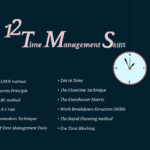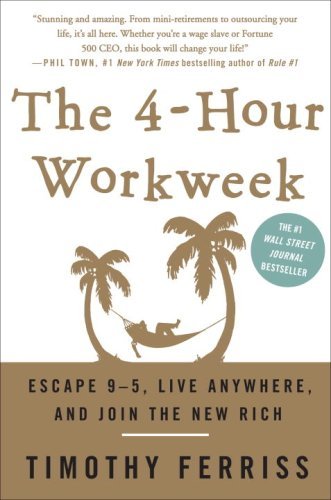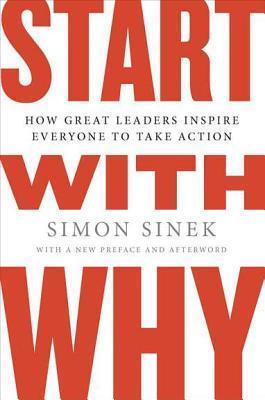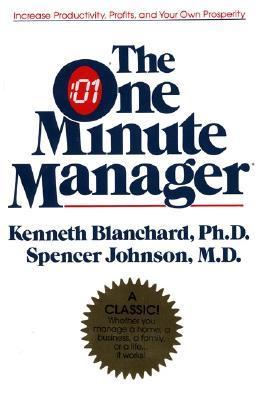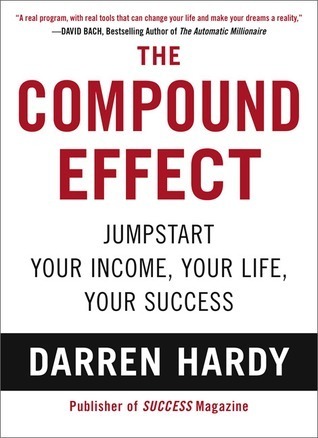The 4-Hour Workweek by Tim Ferriss
Genre: Self Help | Productivity
Length: 308 pages
Publish Date: First published June 25, 2007
“The 4-Hour Workweek” is a comprehensive guide written from a unique vantage point of the author on how to launch a business, quit corporate work, and enjoy the lifestyle of a millionaire without really being one. Author continuously questioned the conventional beliefs about life and work, which led him to design a life and a career.
This book is a bundle of lessons so it’s impossible to pull out all the things from this book. In spite of that, let’s discuss the three key points from this amazing book.
Three Key Points from the Book
- Be effective, not efficient.
- Validate your business ideas.
- Charge a premium to make your life easier.
Lesson 1: Be effective, not efficient.
If Tim’s life would revolve around one rule, it would be Pareto principle or the 80/20 rule. Majority of the people measure productivity by the time spent on working, yet this is a poor metric because we waste so much time at work. Tim suggests making the most of your time by focusing on the 20% of tasks that yield 80% of the results rather than the other way around. Doing something unimportant well does not make it important. Therefore, concentrate only on the few tasks that will result in the most advancement rather than trying to accomplish as much as you can as well as you can.
Lesson 2: Validate your business ideas.
Starting with an innovative business idea is a great start, but building a successful company requires more than just a good idea. For aspiring business owners, the idea validation process is crucial to determine if a viable product or service idea is worth investing time and money into.
For example, if someone approached you with an idea to create a proper digital product, you will apparently create a landing page, hold a webinar and try to pre-sell it. If no copy is sold it wouldn’t bother you that much as you hadn’t even built it yet.
Lesson 3: Charge a premium to make your life easier.
Once your product has been validated and production has begun, the first question that usually comes up is: do you want to be the lowest option or the highest quality? It’s always about the highest quality.
Consider yourself a salesperson for a nutritional supplement, with a monthly income goal of $4,000, to break even, 400 bottles must be sold each month at a price of $10. It would only take 100 sales if you charge $40 for each bottle. In this case, converting non-paying customers into paying ones is the most difficult aspect of sales. Once they’ve decided to buy from you, the payment terms are highly flexible. So, to establish your business the priority is to maintain high quality.


